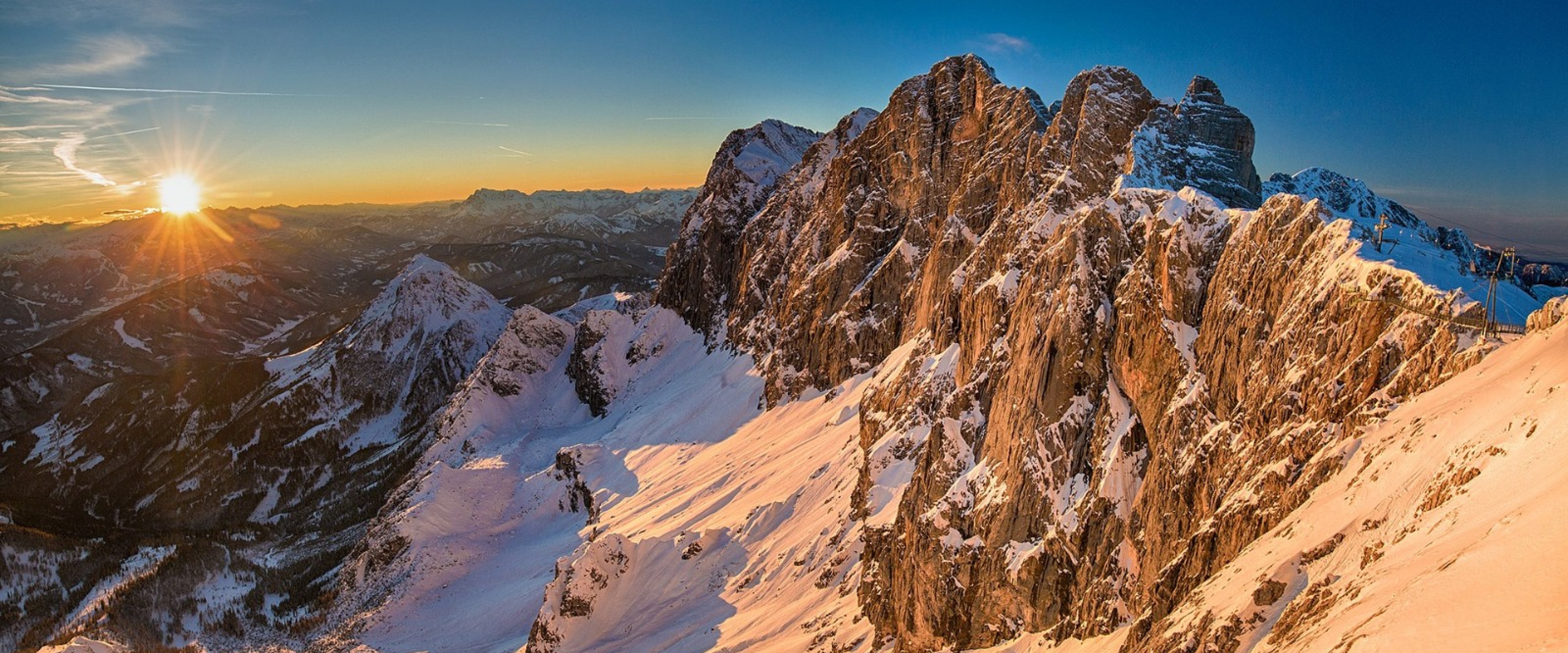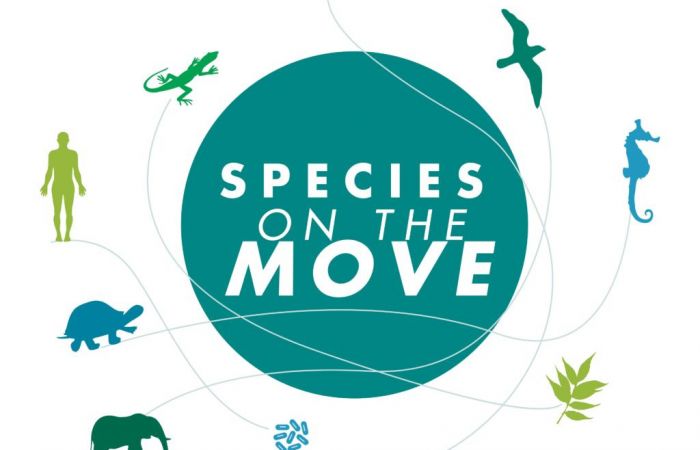Species on the Move is an interdisciplinary conference series crossing many research areas that are focussed on climate-driven changes in biodiversity and human well-being.
Following the successful inaugural conference in 2016, the 2019 Species on the Move conference will be held in Kruger National Park from Monday 22 to Friday 26 July 2019.
The global redistribution of our planets’ species is widely recognised as a fingerprint of climate change. However, the mechanisms that underpin such range shifts are poorly understood. Additionally, the pervasiveness of range shifts, from poles to the equator, and depths of oceans to tops of mountains, provides us with unique opportunity to advance our theory of biogeography, evolutionary ecology and macroecology.
Our move into the ‘anthropocene’ allows an unprecedented opportunity to understand the mechanisms that drive species distributions across ecosystems and address the fundamental tenet of ecology: what lives where and why? However, such dramatic changes also pose significant challenges for the sustainable management of our natural resources.
This conference brings together scientists and natural resource managers working in the disciplines of global change, biogeography and evolution, and is relevant in contexts of natural resource management, biodiversity management and conservation, and theoretical ecology.
Species responses to climate change is a rapidly evolving research field. However, much of our progress is being made in independent research areas: e.g., understanding the process vs responding to the implications, terrestrial vs marine ecosystems, global meta-analyses vs in-depth species-specific approaches. This interdisciplinary conference develops connections between these parallel streams, and across temporal and spatial scales.
Species on the Move 2019
22/07/2019 — 26/07/2019
Conferences 2019Event location
Nombolo Mdhluli Conference Centre
Kruger National Park
Skukuza Rest Camp
Kruger National Park
Skukuza Rest Camp









